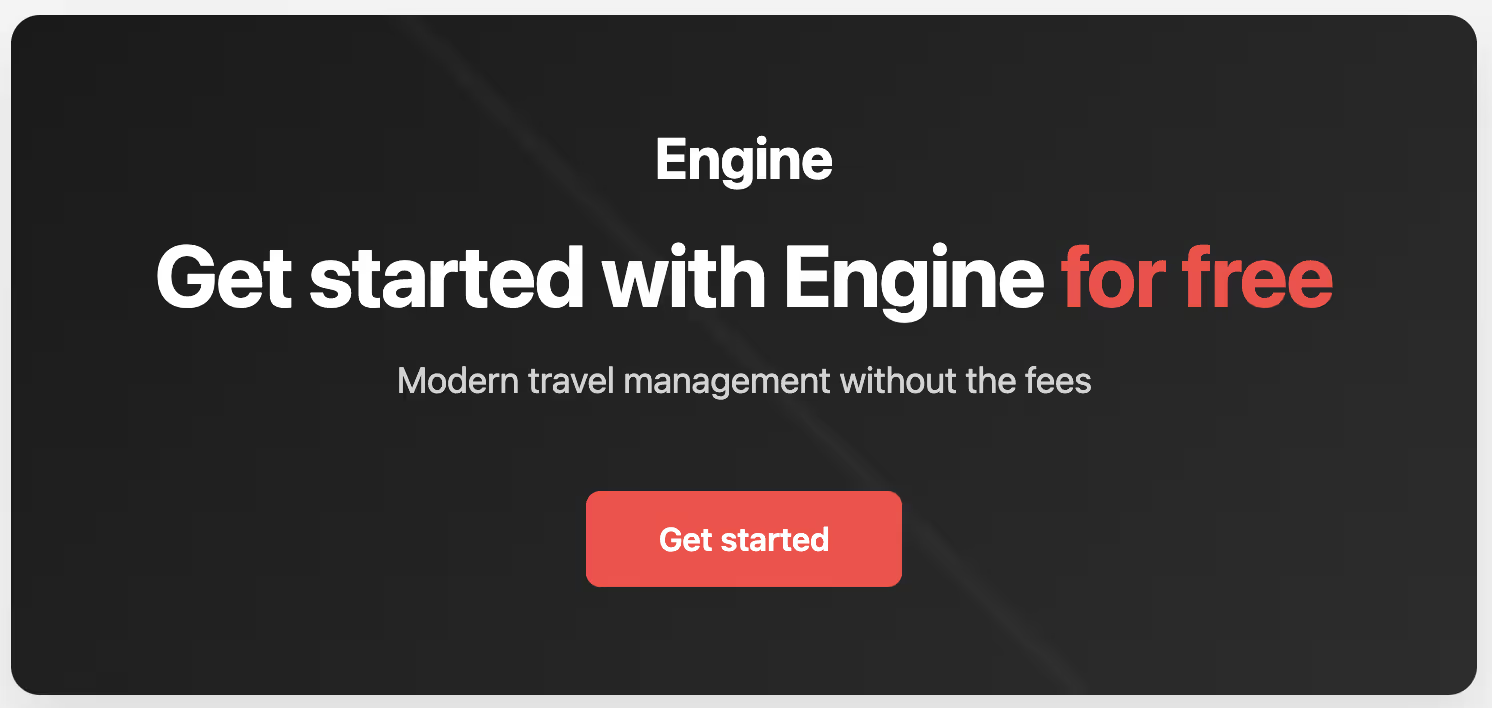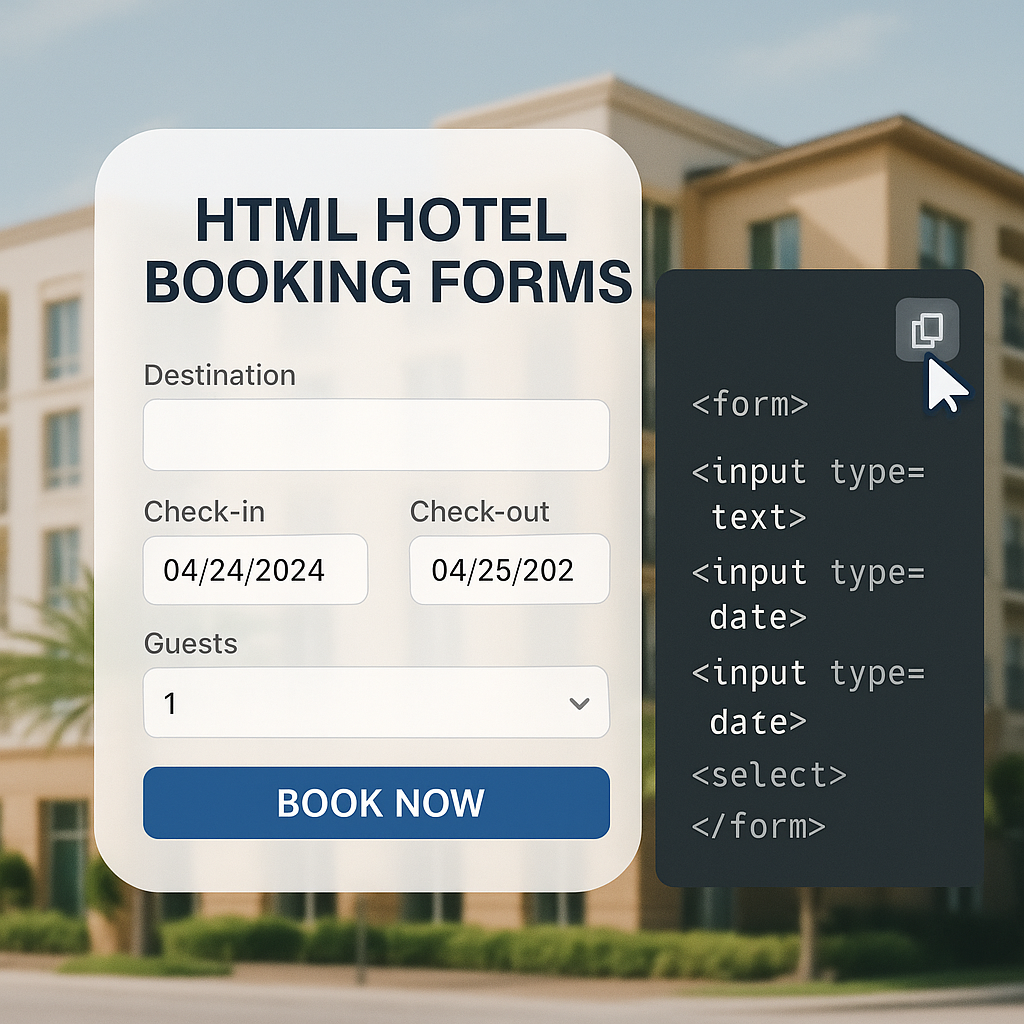How to Catch Expense Report Fraud Before You Cut the Check

Your crew just got back from a three-week run in Nashville. Now you're staring at a stack of hotel receipts, trying to figure out which ones are real.
Construction, manufacturing, and logistics firms don't always lose money to expense fraud because their crews lack honesty. Sometimes it's because manual reimbursement systems create an open door for fraud.
When contractors pay upfront and hand you receipts later, you're playing catch-up, auditing paper trails after the cash already left your budget.
We're going to walk you through the ways crew travel gets gamed. You'll learn the red flags to spot before you cut the check, and how an automated system can stop expense fraud.
The 4 Fraud Schemes That Target Crew Travel
Blue-collar industries deal with specific fraud tricks that most office policies don't cover. When your crew handles their own booking and submits receipts weeks later, you create gaps where fraudulent expenses slip right through.
- Receipt inflation: Contractors submit hotel bills showing higher rates than they paid, and they pocket the difference. Your electrician books a $120 room but hands you a $180 receipt.
- Phantom stays: Booking confirmations for rooms never occupied or cancelled without refund requests. Your foreman cancels the room when the schedule changes, keeps the reimbursement, and Finance never knows.
- Duplicate submissions: The same hotel stay appears across multiple projects. A three-night stay in Dallas gets charged to both the warehouse project and the retail buildout.
- Misallocated personal expenses: Weekend stays or family room upgrades hidden inside legit job-site costs. They check out Thursday, but the bill covers until Sunday, with personal nights buried in the business expense report.
Every fake expense hits your project profitability directly. That $200 inflated receipt across 30 crew members over a year could mean losing over $70,000. If you don't catch these fast, you're paying for someone's vacation while your actual project costs are invisible.
Quick Check: Pull your last month's expense reports. Call five random hotels and ask: "What was the rate charged to [crew member name] on [dates]?" Compare that number to the receipt they gave you. If even one doesn't match, you have a problem that needs solving.
Knowing the schemes is step one. Catching them requires knowing what to look for.
Spot Expense Fraud with 5 Red Flags
Your receipts are telling you a story, sometimes a fake one. Catch the lies before you cut the check.
- Perfect Round Numbers: Hotel rates end in $.99$. Taxes add weird change. If you see a perfect $$200.00? Someone made that up.
- Weekend Gaps in the Schedule: The crew finished the concrete pour on Friday, but the checkout date is Sunday, and no work was planned. That's a red flag for personal time.
- Inconsistent Formatting: A contractor submits receipts that look totally different from job to job. Real hotels use the same template every time.
- Rates Way Above the Limit: A crew member is consistently $40-50 over per diem without asking permission. They are either ignoring the rules or padding the bill.
- Missing Details: Real hotel receipts show the nightly rate, room service, and other fees. If it’s just a total number, something is missing.
Miss these flags and you're writing checks for hotel rooms no one stayed in. You’re basically funding fraud with your project budget.
Build Your Fraud Detection Protocol Today
Before approving any expense over $150, check it against the five flags above. If you spot two or more flags, stop. Call the hotel before you cut the check.
If the hotel confirms a rate is wrong, pull that employee's entire booking history. You're looking for patterns, not just a one-time mistake. Write down all the details: rates submitted vs. rates confirmed, the total money discrepancy.
Talk to your supervisor before you talk to the employee. A single incident can be an honest mistake. Three or more times means it's time for a conversation with HR.
This manual system protects you right now—but it still means you have to chase receipts and catch fraud after the fact. What if you could get rid of receipts entirely?
Eliminate Reimbursement Fraud with Direct Bill
Want zero verification work? Stop asking for receipts.
When crews book on their own and submit expenses later, you're stuck verifying paper trails weeks later. Direct Bill flips that script. Your company pays hotels directly through one centralized platform. The crew never pays upfront or submits a receipt.
Engine's Direct Bill is simple: The crew books through Engine with rate limits already set. The hotel bills Engine at the agreed-upon rate. You get one consolidated monthly invoice with project codes attached. No cash ever passes between your company and the crew members.
Direct Bill takes out the chance for fraud before it even starts. No receipts means contractors can't inflate amounts or claim phantom stays. Your accounting team reviews one invoice instead of a pile of receipts, saving 15+ hours a month while killing expense report fraud entirely.
Direct Bill prevents receipt submission, phantom bookings, duplicate claims, and personal expense mixing. Each booking appears once, accurately priced, automatically tagged. Hotels confirm legitimacy by charging your account. If it's on the invoice, someone stayed there.
Direct Bill Delivers Fraud Prevention Benefits
No Receipt Submission: No paper receipts means no chance to inflate or fake documents. You can't turn in an altered bill if you don't have one to begin with.
Prevents Phantom Bookings: If a room wasn't used, the hotel won't charge for it. You only pay for actual stays, not canceled rooms that get expensed anyway.
Stops Duplicate Claims: Every booking shows up once on your consolidated invoice. That Dallas hotel stay can't get charged to two different jobs.
Removes Personal Spending: The crew can only book legitimate job-related stays through the platform. Weekend extensions and family room upgrades don't make it onto your company bill.
Stop Out-of-Policy Spending with Automated Enforcement
When you review expenses manually, you catch violations after the money is gone.
By the time you spot the $300 room that was over your $150 limit, you've already paid for it. Catching violations later still costs you money.
Your electrician can't book the $300 room because the system won't display it. Policy violations become impossible, not just something you might find later.
How Engine Enforces Policy Automatically
- Mandatory custom fields ensure a booking won't go through without the job code.
- Role-based permissions restrict which crew members can book without pre-approval.
- Real-time visibility shows you who's booking what before they even check out.
Engine tracks every single booking by crew member across all jobs. You can pull reports showing dates, locations, rates, and your project codes.
Filter reports by employee, project, or date to spot anything weird—like someone always booking right at the limit or making a lot of last-minute cancellations.

Eliminate Investigation Time with Audit-Ready Data
Built-in transparency eliminates the need for manual fraud investigation. When expense fraud happens in a manual system, you waste hours hunting for paperwork.
Engine tags every booking with custom fields showing the job code, manager, and site location. Every booking appears on your monthly invoice with all the details—hotel name, dates, rates, and the custom fields you asked for.
You can search the trip history to see who booked what, when, and for which job. You can export reports that show spending by crew member, project, or location.
Audit-ready data cuts fraud investigation time from hours to minutes. When your auditor flags a charge, you have all the paperwork immediately. This visibility stops fraud because the crew knows every booking creates an auditable trail that can't be messed with.
Say Accounting flags an unusual $340 charge from a crew member who usually books cheap rooms. Two clicks in the dashboard reveal it was a legit, last-minute booking in a remote location where everything else was sold out.
Prevention Beats Detection
Expense fraud thrives in reimbursement chaos. Your crew shouldn't have to pay for travel out of pocket. Your accounting team also shouldn't waste 15 hours a month checking receipts. Your project budgets shouldn't eat fraudulent expenses you find too late.
Kill manual expense submission with direct bill. Enforce the rules at booking with automated controls. Get clean invoicing that makes fraud impossible.
Ready to prevent expense fraud before it starts? Book a demo to see how Engine's automated policy enforcement and direct bill eliminate reimbursement fraud entirely.
FAQs
How much does expense fraud usually cost companies in crew-based industries?
The Association of Certified Fraud Examiners reports expense reimbursement schemes average $31,000 per incident, with occupational fraud costing organizations 5% of annual revenue. For companies managing big crews across many jobs, those losses add up fast when you're checking everything by hand.
Can Engine catch fraud attempts from repeat offenders?
Engine tracks every booking by crew member across all projects. You can pull detailed reports showing dates, rates, and project codes, then filter that data to spot bad patterns. The key is that with Direct Bill, you review the invoice before payment, unlike reimbursement systems where you catch the fraud after the check is already cut.
What happens to existing receipts and expense reports when switching to direct bill?
Direct Bill stops future receipt submission, but you still have to finish the old expense reports. Complete any pending reimbursements through your current process. Then, all new bookings flow through Engine's system. Most companies make the switch within a single pay period so they don't have to run two systems at once.




.jpg)





.jpg)

.avif)


















